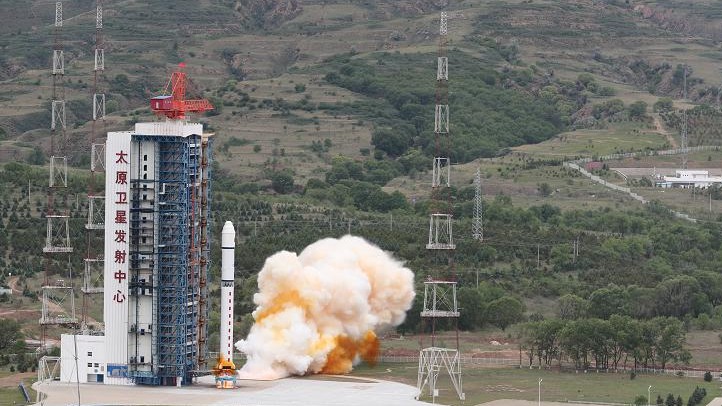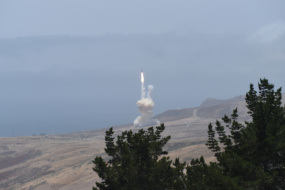China conducted a successful test of a hypersonic glide vehicle over the summer, according to an in-depth report published by the Financial Times.
The FT’s story draws on interviews with five unnamed officials. The purported launch and covert demonstration of the vehicle, which glides around space, caught US intelligence agencies off guard.
- The nuclear-capable spacecraft travels through low-Earth orbit (LEO) before reentering the atmosphere and descending on its target.
- The vehicle travels at Mach 5, ie five times the speed of sound.
China’s response: The country’s foreign ministry denied the report, saying it carried out a business-as-usual test in July. “This was not a missile, this was a spacecraft,” an official told the press.
More details: The test is thought to have happened around August, with a Long March-2C serving as the missile’s taxi to space. Adding to the confusion: China announced the 77th launch of Long March-2C rocket in late July, then the 79th a month later, leaving a gap for #78. The gap is filled with question marks.
While the missile missed its bullseye by two dozen miles or so, that doesn’t give much peace of mind to planners in the Pentagon. The US and Russia, for their part, have also tested hypersonic glide vehicles. A handful of other countries have their own homegrown programs. But news of the Chinese vehicle’s trip through LEO suggests that it may be the most advanced.
Hypersonic glide vehicles in any arsenal could tilt the balance in global security. Glide vehicles are maneuverable. They fly in erratic patterns, making them difficult to track with early warning systems and far more difficult to intercept. Ballistic missiles, by comparison, can fly faster, but they do so more predictably (and parabolically).
The long view: Space has been militarized since countries/blocs were able to lift humans and equipment off Earth.




